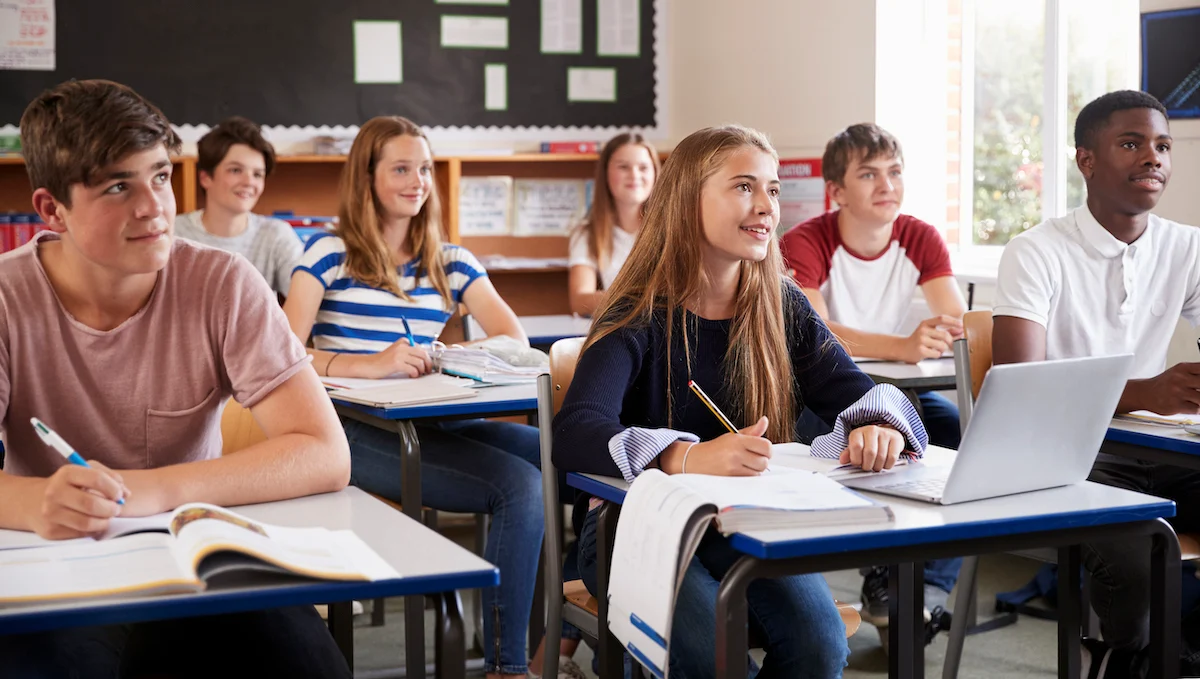In today’s digital age, teenagers face a constant flow of information that makes it harder to focus on learning. Improving attention span is critical for effective knowledge retention and self-discipline. Attention-related challenges can lead to poor academic performance, loss of interest in studies, and decreased self-esteem. That’s why it’s important to implement proven strategies for developing focus. In this article, Baltimore Chronicle explore the most effective ways to enhance teenagers’ attention span during the learning process.
Why Teenagers Struggle With Concentration
Teenage years are marked by intense brain changes that impact focus. During this time, the prefrontal cortex — the area responsible for planning, self-control, and concentration — is still developing.
Key reasons for attention difficulties include:
- excessive use of smartphones and social media
- lack of sleep or irregular routines
- low motivation for studying
- absence of structured study sessions
- stress and emotional overload
Teenagers are easily distracted by external stimuli, especially when learning seems boring or unclear. That’s why it’s essential to create an environment that promotes deeper focus.
Effective Methods for Developing Teen Attention
Improving focus is a process that requires consistency and an approach tailored to the individual needs of the teenager. Below are several proven strategies that can be used both at school and at home.
1. Establishing a Clear Daily Routine
A consistent daily schedule reduces chaos in everyday life, which positively influences attention.
- Fixed times for studying, resting, and sleeping
- Task planning with clear priorities
- Use of calendars and reminders
2. The Pomodoro Technique
This time management method helps maintain focus on a single task for a limited time (25 minutes), followed by a short break.
- 25 minutes of study → 5-minute break
- After 4 cycles — a longer break (15–30 minutes)
- It’s important to avoid distractions during a “pomodoro”
3. Active Breaks
Physical activity boosts brain function and reduces fatigue. It’s recommended to take active breaks between study blocks:
- stretching, jumping, yoga, or a walk
- breathing exercises
- brief activity switch (e.g., listening to music)
4. Mindfulness and Meditation
Mindfulness practices help manage thoughts and reduce anxiety.
- 5–10 minutes a day for basic meditations
- Breathing techniques like “4-7-8” or “deep belly breathing”
- Observing emotions without judgment
5. Creating a Distraction-Free Study Environment
Environment plays a key role in maintaining focus. Recommendations include:
- removing smartphones and unrelated devices
- using noise-canceling headphones
- organizing a space with minimal visual noise
Exercises to Train Focus
There are many simple exercises that help enhance concentration. Here are a few examples:
- “What’s Changed?” Game — show a picture for a few seconds, make a change, then ask the teen to identify it
- Detail Hunt — e.g., find all the letter “a”s in a text
- Sound Discrimination — differentiate between background sounds
- Sequence Tasks — repeat a sequence of numbers, words, or colors
- Clock Watching — stare at a second hand for one full minute without distraction
These exercises can be done at home in the form of games or friendly competitions, which makes them more engaging for teens.
The Role of Parents and Teachers in Supporting Focus
Adults play a key role in helping teens develop focus. Support, consistent feedback, and collaborative planning all contribute to building responsibility in learning.
How Parents Can Help:
- Monitor the teen’s daily schedule
- Set an example by concentrating during remote work
- Limit screen time
- Create a positive emotional atmosphere
How Teachers Can Contribute:
- Make lessons interactive
- Include micro-breaks during classes
- Set clear objectives for each session
- Consider individual differences among students
Comparison Table of Focus Development Methods
| Method | Implementation Difficulty | Effectiveness | Recommended For |
|---|---|---|---|
| Pomodoro Technique | Low | High | Ages 12–17 |
| Meditation and Breathing | Medium | High | Stressful situations |
| Active Breaks | Easy | Medium | Daily study sessions |
| Time Structuring | Medium | High | Home learning |
| Educational Games | Easy | High | Younger teens |
Common Mistakes to Avoid
Sometimes, adults unintentionally make mistakes that worsen the situation:
- overloading teens without breaks
- criticizing instead of encouraging
- expecting instant results
- comparing teens to others
- ignoring the teen’s emotional state
It’s important to approach attention development gradually and in a way that ensures emotional comfort.
Improving teenagers’ concentration is not a one-time task but an ongoing process that requires support, adaptation, and flexibility. Clear structure, active methods, and a nurturing environment help develop the ability to focus — a skill that will serve well beyond school. Most importantly, believe in the teen’s ability to grow and learn.
Earlier we wrote that 17% of teenagers who left for student exchange programs did not return to Ukraine.

